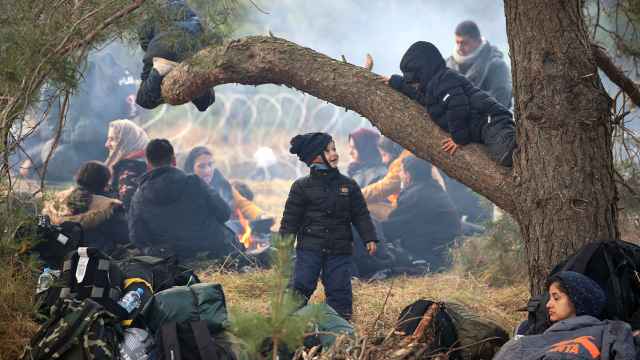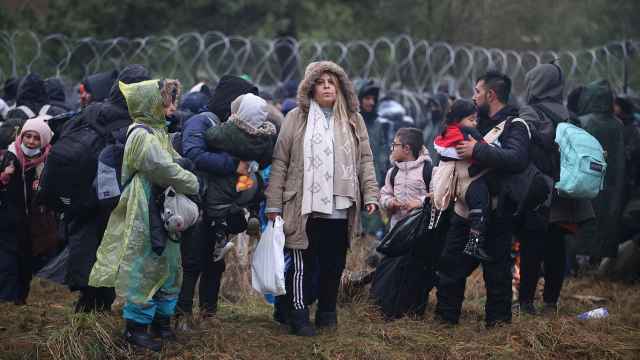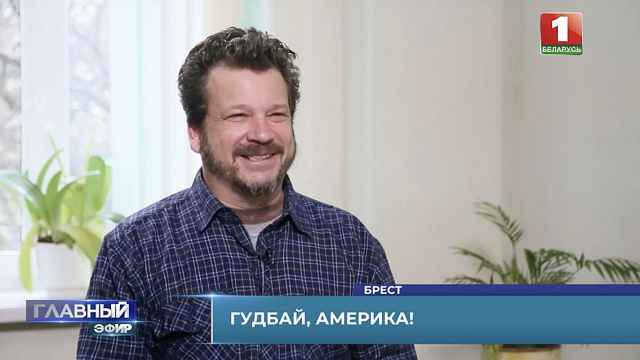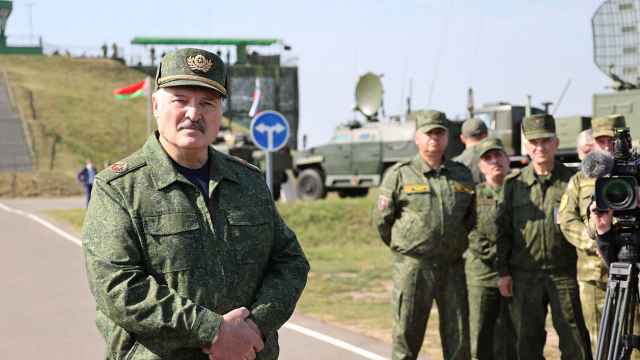BUDEL, The Netherlands– At the Budel refugee center, a former military camp in southern Holland, groups of asylum seekers cycle up and down the paved paths between prefabricated dormitories. Looking tired and lost, six Syrian men in their twenties are queuing at the cafeteria for their dinner of sausage and mashed potato.
Just three weeks ago, The Moscow Times spoke to them outside a shopping mall on the outskirts of the Belarusian capital Minsk, where they were buying water and flashlights before embarking on the trip to the Polish border. Since then, they said, they have had a terrifying ordeal that included beatings, swimming through a swamp, running out of food and water and hiding in a safe house in Germany.
“We have been through so much in the last weeks ... It feels like a whole life on its own,” said Walid, 26, sitting on his bunk bed in the cramped room he shares with four other men.
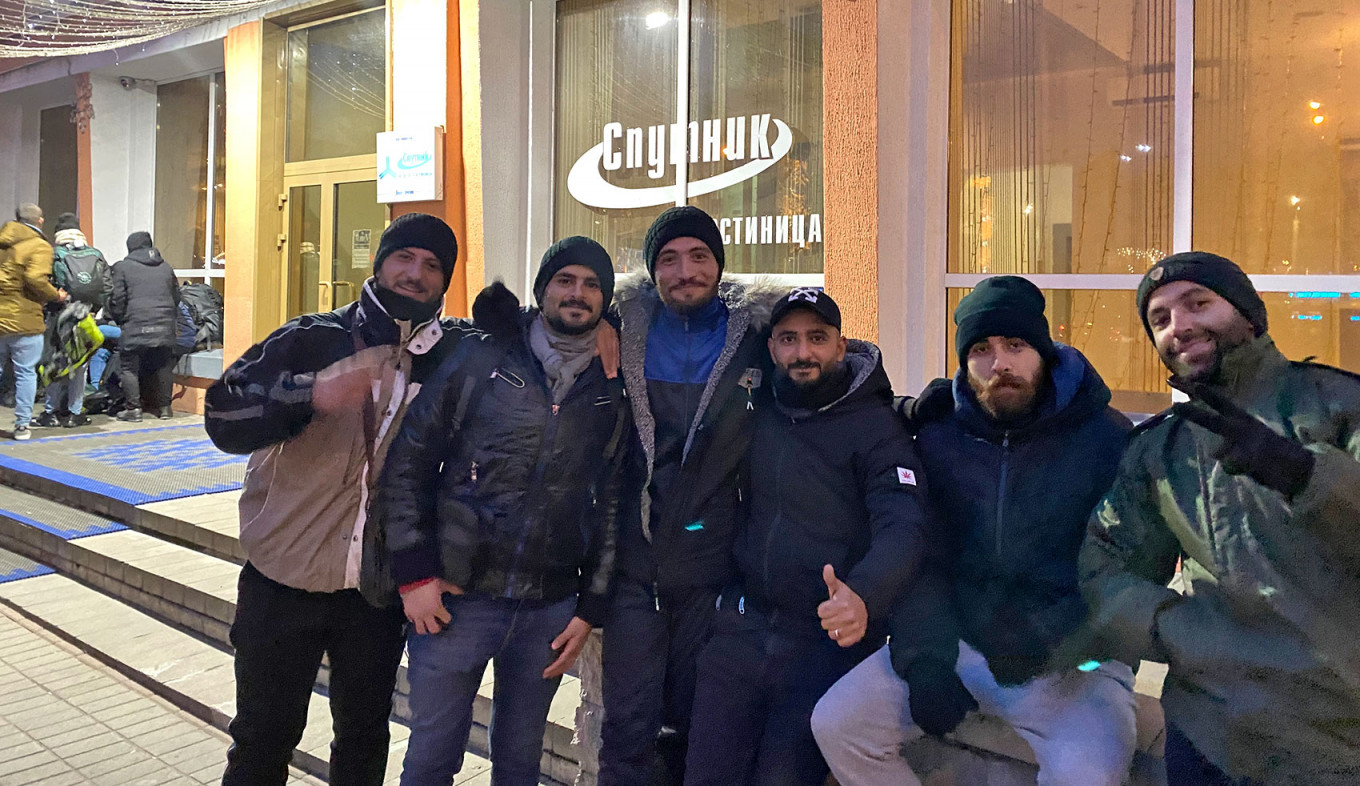
Walid and his friends, like thousands of other men, women and children, left the Middle East for Belarus this autumn hoping to make it to the EU. The standoff between migrants and Polish border guards became the biggest challenge to the bloc's borders since the migrant crisis of 2015.
E.U. officials have called this crisis a “hybrid war” orchestrated by longtime Belarusian President Lukashenko to punish the West for introducing sanctions after he claimed victory in last year’s contested election. Belarus insists it is a humanitarian drama created by Europe’s refusal to respect international law and give those seeking refuge from war the right to apply for asylum.
“Belarus was our only option to get to Europe, to get out of the hell in Syria,” said Walid, who, like his five companions, is a member of the Druze ethnic minority from the city of As-Suwayda near the border with Jordan.
The men spent their life savings on visas and plane tickets to get to Minsk. From there, they took a taxi to the city of Grodno, where they were met by Belarusian guards who marched them over the border into a forested buffer zone.
They said the guards repeatedly pushed them across the Polish border, cutting the razor wire three times in different locations, but that each time Polish guards grabbed them and forced them back. Every time they returned to the buffer zone, the men said, Belarusian guards would beat them with batons and tree branches.
The Belarus Border Guard Service did not respond to a request for comment on the accusations that border guards beat migrants and tried to help them cross into Poland.
“It was humiliating,” said Kosai, 27, a tall man who took off his shirt to show bruises on his back and arms.
After the third unsuccessful attempt, they decided to camp by themselves near another part of the border but said they almost drowned after getting stuck in a swamp on the way there.
“That was the scariest moment,” said Shadi, 24, adding that he can’t swim. “I thought it was the end.”
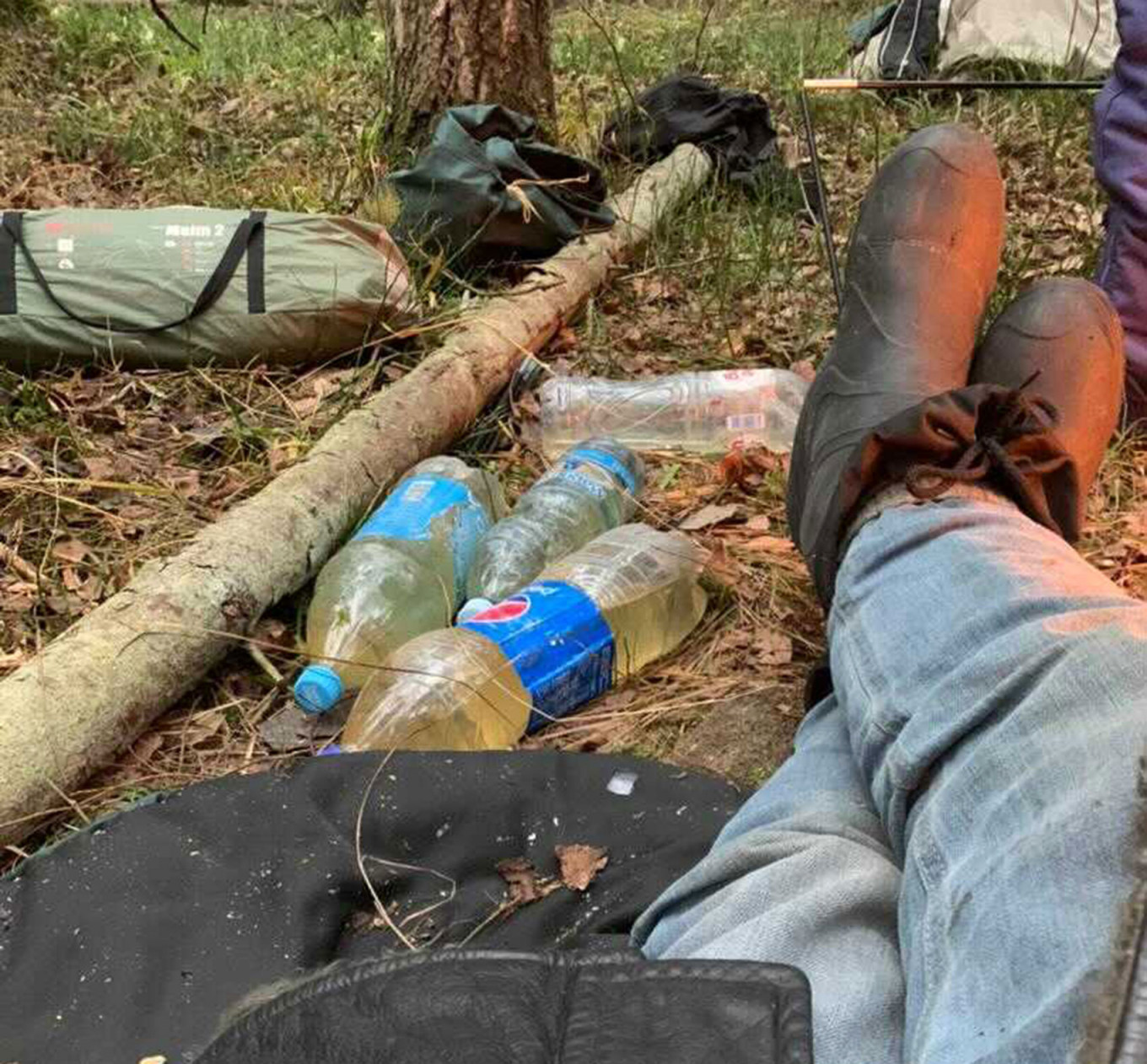
By day seven, the group had run out of food and water. They said Polish border guards on the other side of the wire refused to help them.
“They looked at me, poured water on the ground and laughed. They didn’t consider us to be humans, more like dogs,” said Odai, 23, the youngest member of the group.
Representatives of the Polish Border Guard did not immediately respond to a request for comment on the allegation that they refused to share food and water with migrants in the buffer zone.
In desperation and despite the fear of more beatings, they went back to the Belarusian guards, asking them if they could once again help with the crossing.
The men were herded into cramped vans with around 200 other migrants, they estimated, and driven four hours south to an empty border crossing near the city of Brest.
There, the Belarusian guards had built a wooden bridge over the Polish border.
“It was scary and chaotic,” said Walid.
The Belarusian guards told him to keep running even if he heard gunshots. Those that turned back, they warned him, would be beaten.
“We had to step on people, it was pure survival. I don’t like to think about what happened. Many fell behind,” he said.
Polish police guards have accused the Belarusian regime of building wooden bridges and other structures to help migrants breach the border. In a recent interview with the BBC, Lukashenko said it “was absolutely possible” that his troops had helped migrants cross into Poland.
When Walid and his friends eventually made it across the border they said they heard the Polish guards firing into the air, but kept on running. They lost each other in the chaos, but managed to reconnect near a small train station.
“We are the lucky few, it’s a miracle we all made it as a group,” said Odai.
Safe house
In Poland, a Syrian smuggler they had contacted earlier in Minsk drove them to a safe house in Germany.
He didn’t utter a word during the 9-hour drive to the German border.
“It’s like dealing with a ghost,” Walid said, describing the smuggler. “You don’t know anything about them. You just don’t ask questions.”
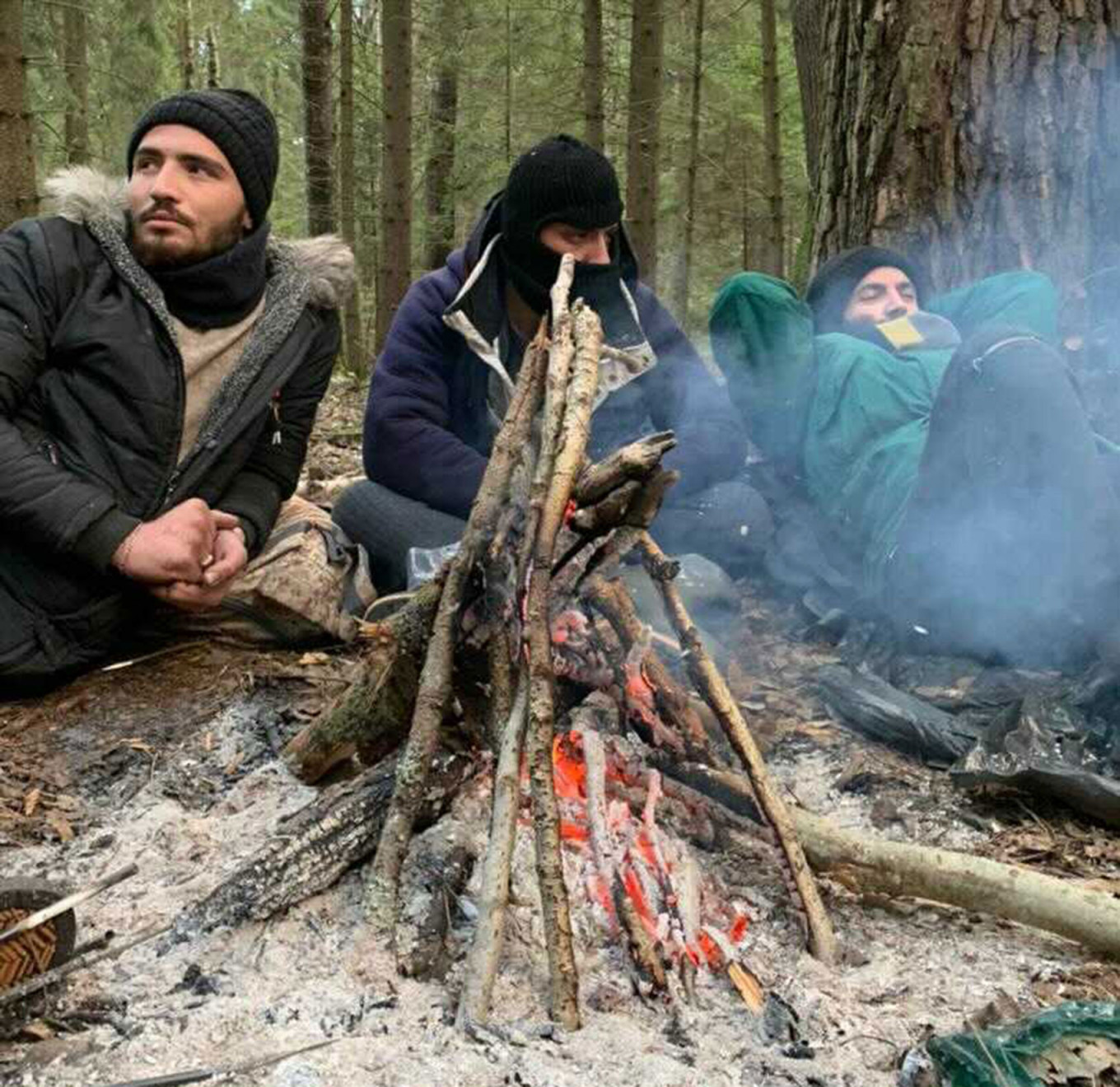
They spent the night in a flat in east Germany, and the next morning the smuggler drove them west to the German border with The Netherlands, where they arrived last week in the town of Venlo. They immediately went to the police to start the asylum registration process
The friends have found life in the asylum center harder than they expected, as it is Dutch government policy to keep conditions basic to discourage migrants.“The country is great, but it is tough here. We don’t get much food and have no warm clothes,” said Walid.
Their chances of staying and gaining refugee status are good, according to Evita Bloemhveul, a representative of the Dutch Council for Refugees, an organization that represents and defends the interests of asylum seekers.
“Syrians overall stand a solid chance of getting refugee status and eventually housing in the Netherlands, the authorities still consider the country to be dangerous,” she said.
She added that things are not so positive for the Iraqi Kurds who make up the bulk of migrants using the so-called Belarus route, as The Netherlands considers that country to be “safe.”
Bloemheveul said it was hard to estimate how many migrants have so far come to The Netherlands using the route, but that it was “not large,” with officials placing it at just 53 in November.
Most of the migrants who make it into the EU ask for asylum in Germany, where federal police said on Wednesday they had recorded a total of 10,648 unauthorized entries linked to Belarus.
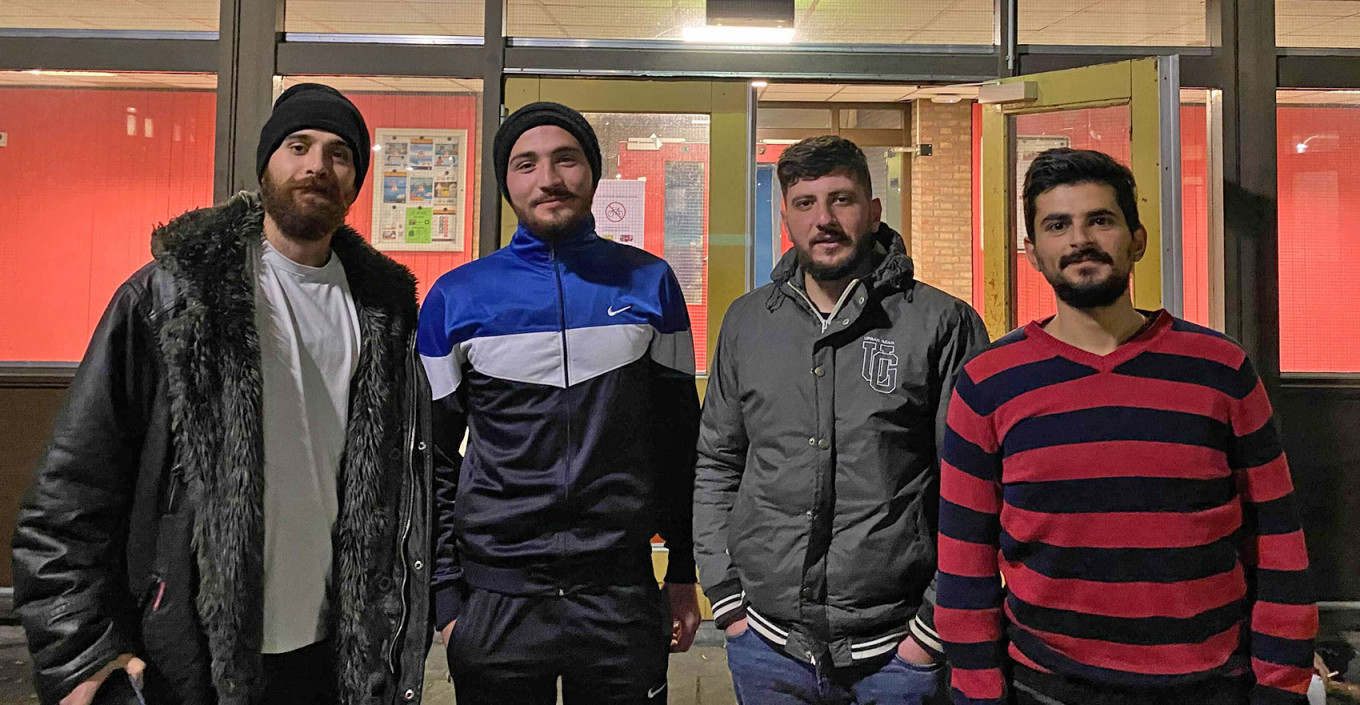
Walid and his group realize they belong to a small band of migrants who have managed to make it all the way to The Netherlands.
Some of the migrants who arrived in Belarus have already returned to Iraq and Syria, while many others are now housed in dire conditions in warehouses near the border or sleeping on the streets of Minsk.
One of them is Afron, a 16-year-old Iraqi Kurd who had spoken to The Moscow Times on Nov. 10 after he flew to Minsk from Istanbul.
“My visa has run out and my family can’t support me anymore. I am sleeping on the streets of Minsk and begging for food,” he said in a text update on Wednesday.
Despite their luck, the men in Holland refuse to thank Lukashenko for providing them with the opportunity to make it to Europe through Belarus.
“Lukashenko would have been fine with us just dying in that forest. He didn’t care one bit about us. We did this ourselves,” said Walid.




